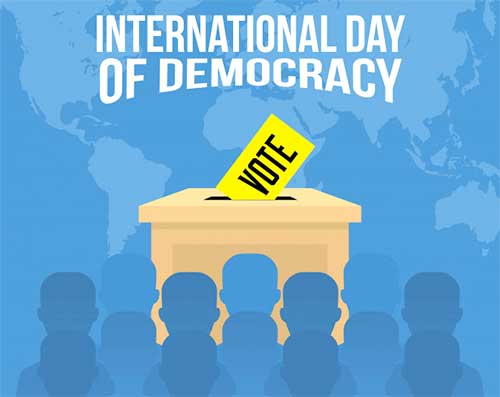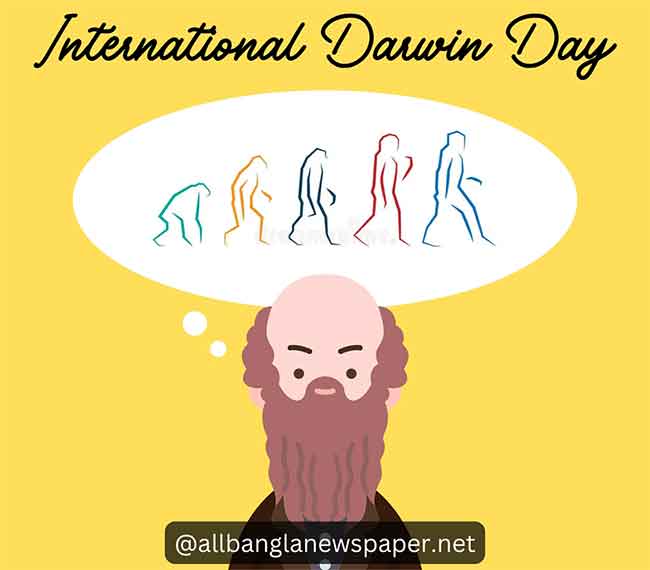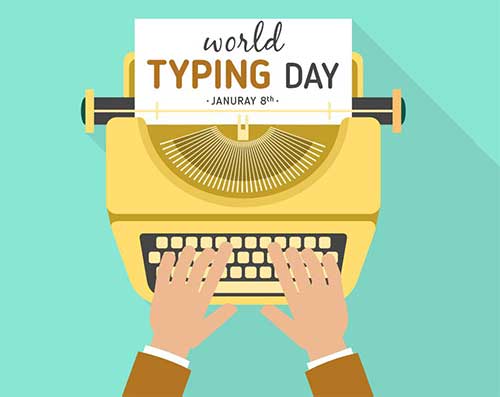
The International Day of Democracy, celebrated annually on September 15, is a significant occasion that highlights the values of democracy and encourages nations to promote and uphold democratic principles. The day was established by the United Nations (UN) in 2007 with the intent of strengthening democratic institutions, raising awareness about the importance of democracy, and fostering a culture where political participation and governance are accessible to all citizens.
Origins and Objectives
The idea behind the International Day of Democracy emerged from the UN General Assembly's adoption of a resolution in 2007. The day serves as a reminder that democracy is more than just a form of government—it is a process that ensures the participation of citizens in decision-making, human rights protection, and the promotion of freedom and equality. It encourages governments, civil society, and individuals to engage in dialogue and address the ongoing challenges that democracy faces globally.
The primary objectives of the day are:
- Promotion of democratic governance: Ensuring that people have the right to participate in the political, social, and economic decisions that affect their lives.
- Awareness of democracy’s challenges: From political corruption to voter suppression, the day highlights the barriers many countries face in achieving fully functioning democracies.
- Encouraging inclusive participation: Democracy thrives when all individuals, regardless of background, can contribute to the governance process.
The State of Democracy Globally
Although the International Day of Democracy seeks to promote democratic ideals, the global state of democracy faces numerous challenges. In many parts of the world, democratic institutions are weakening due to factors such as authoritarianism, political polarization, and erosion of civil liberties. Voter suppression, disinformation campaigns, and weakening judicial systems threaten democratic frameworks, even in established democracies.
In response, this day becomes more than just a celebration—it is a call to action for governments and individuals alike. It urges the protection and preservation of democratic systems, accountability, and transparency in governance. The United Nations continues to support initiatives encouraging free and fair elections, empowering marginalized communities, and strengthening democratic institutions.
The Role of Civil Society
A healthy democracy relies on governments and the active participation of its citizens and civil society. Organizations, community groups, and non-governmental organizations play a critical role in ensuring that democratic values are upheld. By promoting human rights, advocating for free and fair elections, and encouraging transparency, civil society helps hold governments accountable.
On this day, the UN encourages dialogue between government entities and civil society to discuss how democratic institutions can be strengthened and how citizens can play an active role in governance. Public debates, workshops, and seminars are often organized worldwide to reflect on democracy's current state and its future trajectory.
Conclusion
The International Day of Democracy is a vital reminder of the importance of democracy in shaping societies where freedom, equality, and participation are core values. While the day celebrates the progress made in establishing democratic governance globally, it also serves as a wake-up call to address the challenges threatening democracy. By fostering dialogue, promoting participation, and addressing the needs of all citizens, democracy can continue to grow and thrive.
#International_Day_of_Democracy #Democratic_Governance #Civil_Liberties



